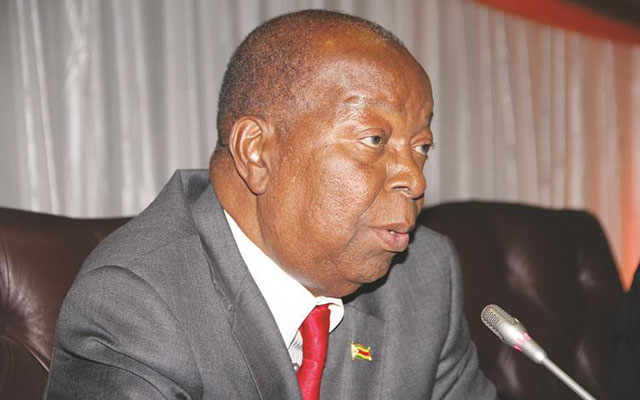EDITORIAL COMMENT: State procurement ripe for overhaul

The biggest single buyer of goods and services in Zimbabwe is by a wide margin the State, including all ministries, agencies, those special companies set up to run a State service, the parastatals and local authorities. And the money used to buy all these goods and services is our money, what the State raises in taxes and fees, so the public have a definite and strong interest in knowing how the money is spent, what is bought and how it is bought.
State procurement has been upgraded over the decades, reflecting both the complexity of the procurement operations and the fact that so much of what is now bought does not fit into a simple tender procedure based on purchase price.
So Parliament will need to study the proposed Procurement Amendment Bill very carefully. Legislators are far better equipped these days to examine the Bill. They all sit on committees of Parliament and over the last few years these committees have pushed forward in their oversight role, learning a great deal of what goes right and what goes wrong in each ministry and agency. They can use that experience to see if the proposed amendment eliminates the possibility of something going wrong.
One critical change is the way procurement policy and decisions are made. Different policies will be needed for different categories. For example, buying bond paper is simple. You set a quality standard and then go for price.
But if you are buying something a lot more complex, say database servers for national registration use, then a policy will need to look at the lifetime cost of the asset, including servicing and spares costs, the provisions for upgrades and their costs, and whether there is a proven Zimbabwean company that can maintain and service the asset.
And once you move into consultancy services then more care is needed to ensure that con-artists and the second rate are eliminated before even a shortlist is drawn up.
Those who work in the private sector know that a great deal of procurement work is setting the standards and the criteria for a purchase. That has to be done right and done in a way that does not secretly favour a particular supplier. The actual measurement against these criteria of those who offer the required goods and services is far simpler. In Government there is also the need to assess if the goods on a particular agency’s shopping list are actually needed.
There have been suggestions that defence and national security procurement will not fall under the general procurement regulations. We think Parliament should examine this carefully. Obviously, such procurement will be different from general procurement in many cases, but it should be possible for military procurement to be brought into the system.
There are senior military officers and top civil servants with the necessary security clearances, and even retired generals and other experts who can be trusted. Again it should be possible to set criteria that will ensure clean procurement and include the additional criteria that any military will want, such as assured supply of spares and munitions for the lifetime of the asset. More secrecy and special criteria are desirable here, but the system should be flexible enough to include this.
With all procurement processes there is also a need for speed. Dozens of committees meeting to decide what to buy might eliminate fraud, for example, but will not be much help if the Ministry of Health and Child Welfare needs a tonne of anti-cholera chemicals by next week. A good procurement system will allow proper procurement to be done, even in an emergency.
Upgrading procurement processes will always by a continuous process. The ingenuity of the dishonest is not limited. The present proposals seem to go a long way to eliminating many abuses but Parliament will still need to go through them thoroughly.










Comments